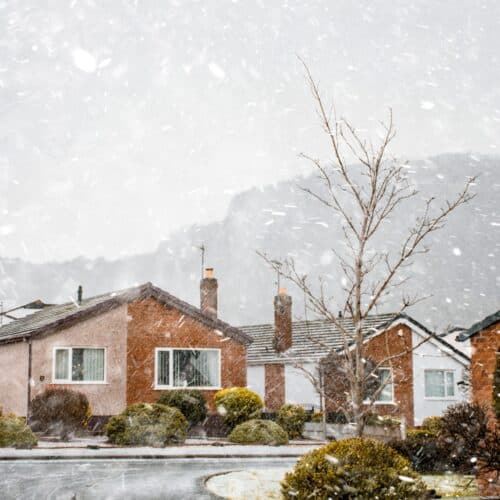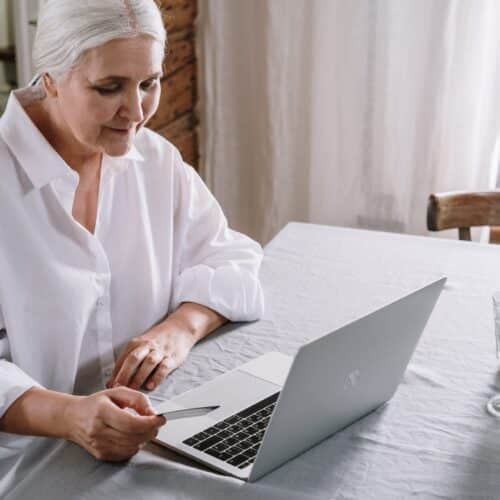
Most of us think we know the signs of a heart attack
—the crippling chest pain, numbness of extremities, or lightheadedness. Those symptoms that are common in male heart attacks are not usually the case for heart attacks in women. Here are some symptoms to look out for.
1. Pain in Arms, Back, Neck, or Jaw
This symptom is more common in women than men. If you’re expecting the chest pain that is normally associated with a heart attack, you may be surprised by the intense aching in the areas above. This pain can be gradual or sudden, and may fluctuate before becoming intense.
2. Shortness of Breath, Nausea, or Lightheadedness
If you’re having trouble breathing for no apparent reason, especially if accompanied by another of these symptoms, you could be having a heart attack. Compare this to the feeling of catching your breath after running, though you haven’t moved.
3. Fatigue
Some women who have suffered a heart attack complained of feeling extremely tired, especially through the chest area. They are lethargic and have trouble catching a full breath for no apparent reason.
4. Chest Pain or Discomfort
Like men, women may experience some chest pain during a heart attack – but not in the same way. A woman’s heart attack may bring about a squeezing or a fullness anywhere in the chest, not just the left side. Some women equate the feeling to that of a vise being tightened.
5. Stomach Pain
The stomach pain caused by a heart attack can sometimes be mistaken for heartburn, the flu, or an ulcer. Other times the pain can feel as though a large weight is compressing against your abdomen.
6. Sweating
If you are experiencing unexplained sweating (not associated with exercise, hot flashes, etc.) that feels similar to stress-related sweating, coupled with any of the above symptoms, you may be experiencing a heart attack.
These symptoms are not guaranteed to every woman experiencing a heart attack. If you feel any chest discomfort – especially if coupled with any of the above symptoms – call 911 immediately.
*information obtained from WebMD




